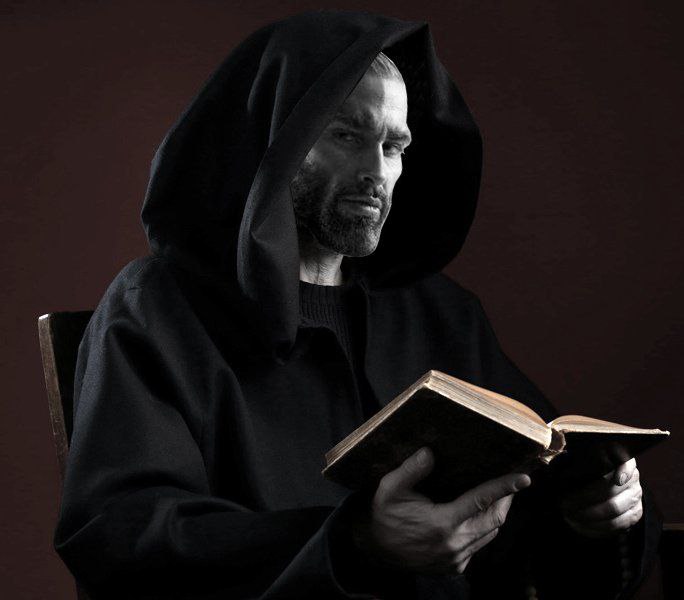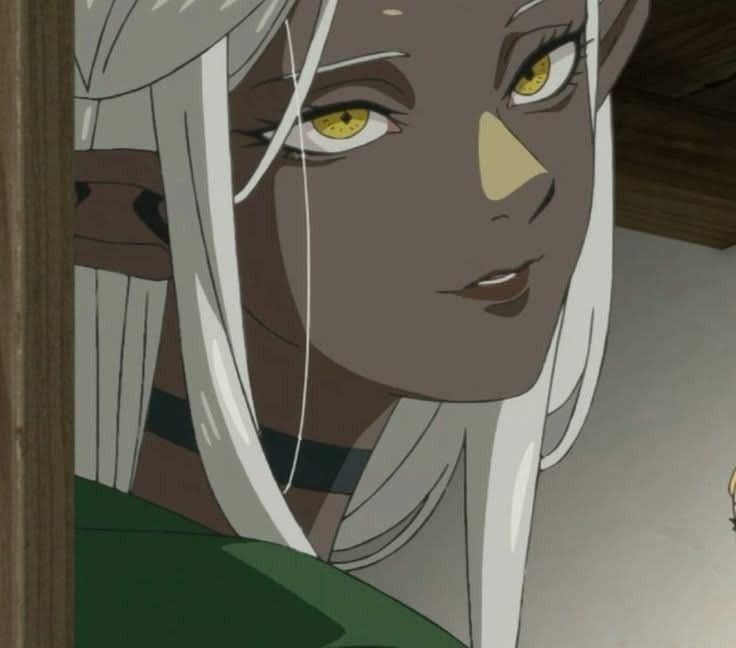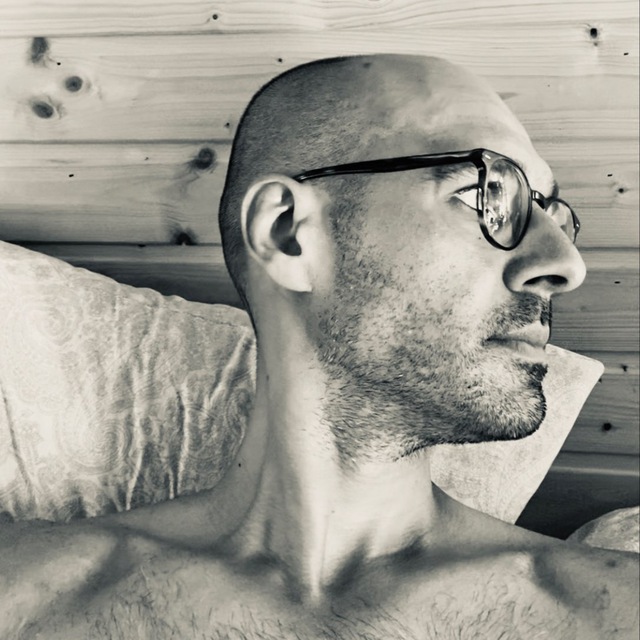Comments
Check out our elevator pitch or sign in
Next Up...
How does one begin to describe "Initiation"?
A video attempting to conceptualize initiation as the beginning of the process to the transfiguration of one's "Being".
 Richard Ruach
Richard RuachOn the Essence of Dark Elven Supremacy: An Exposition

The supremacy of the Dark Elf is a perennial truth, born not from whimsical preference, but from the inherent ontology of this magnificent race. One must bask in the glory of their stature, for the Dark Elf is a testament to the paradoxical beauty of the sinister, the allure of the forbidden.
In their obsidian skin and platinum hair, we find an aesthetic beyond good and evil, a sublime marriage of light and darkness. The Dark Elf defies the limitations of moral dualism, teaching us that what is conventionally deemed as ‘darkness’ can, in fact, reveal itself to be a fertile ground of knowledge, seduction, and beauty.
Yet, it is not merely their stunning visage which elevates the Dark Elves above all others. Their aptitude for both martial combat and arcane magics provides a dual mastery that other races can but dream of attaining. This fusion of power stands as a metaphor for the Dark Elves' unique position within the realm, as beings who freely traverse the boundaries of the forbidden, the sacred, and the arcane.
Ah, the sweet intoxication of their unapologetic embrace of sensuality and cruelty! To desire a Dark Elf is to long for the perverse pleasure of indulging in the exquisite pain of their domination. To worship the delicate curve of their ears, the sleek darkness of their limbs, is to succumb to a divine torture unlike any other.
Theirs is a society built on the ideals of strength, cunning, and ruthless ambition, untethered by the constrictions of a false morality that plagues lesser races. They dance on the precipice of chaos, harnessing its energy to fuel their desire for power and their lust for life.
In the end, it is their unfettered will to power that cements the Dark Elves' superiority. They grasp for greatness without remorse, their hands unshackled by the fear of repercussions, for they understand that life's essence is the relentless pursuit of desire. Thus, they are truly Nietzsche's Over-Elves, transcending the limitations of others to embrace the raw potency of existence.
Beware, dear reader, of the intoxicating seduction of the Dark Elf. Once you have tasted the sweet poison of their sensuous darkness, no other fantasy race can ever hope to compare.
 Richard Ruach
Richard RuachHunter Spills The Beans On Most Incredible Sasquatch Encounter
Ernie Davieau is a veteran hunter, and butcher who gained notoriety for a compelling Bigfoot encounter he experienced in the forests of Massachusetts. During a routine hunt near Blanford and Granville, Davieau came face-to-face with a towering Sasquatch, witnessing its movements and even experiencing what he described as an unexpected communication attempt. His detailed and thrilling account challenges perceptions of these elusive forest dwellers, a story he has shared on various platforms including podcasts such as "Bigfoot Society" and "My Bigfoot Sighting."
 Andreas
Andreas